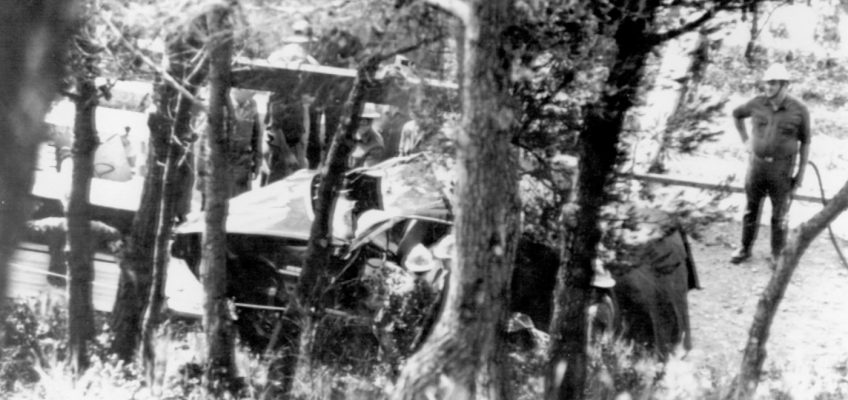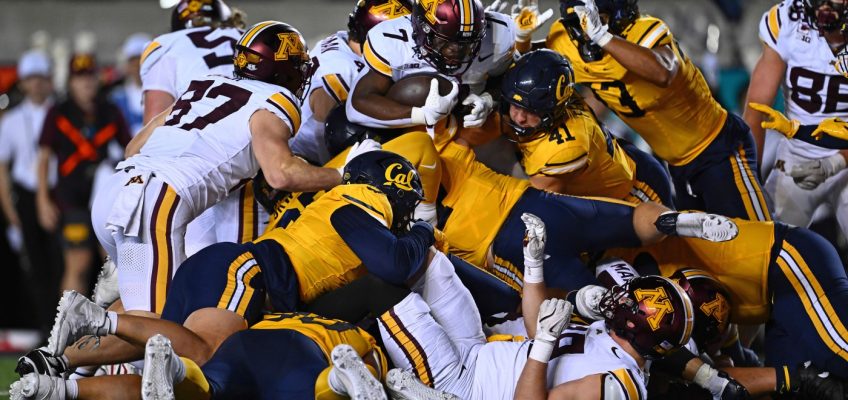Kids ‘n Kinship provides friendships and positive role models to children and youth ages 5-16 who are in need of an additional supportive relationship with an adult. Here’s one of the youth waiting for a mentor:
Looking for a mentor: Ava (Kids ‘n Kinship)
First name: Ava
Age: 10
Interests: Ava is very artistic! She loves creating new things every chance she gets. She likes helping cook and bake. She is just an all-around amazing girl. She loves music, dancing, and singing. She also is interested in cheerleading.
Personality/Characteristics: Her mom says, “She is very loving, helpful, curious, talkative, happy, emotional, shy, determined, and more, and she has a big bright smile that fills the room.”
Goals/dreams: She is the oldest sibling from a single-guardian home and mom would love for her to get a chance to be a kid, get the attention she craves and deserves, and give her chances to do and try new things. When she grows up she wants to be a pop star. Her 3 wishes would be: 1) Get some gold so she can buy dresses and jewelry. 2) Have an awesome pair of gold sneakers 3) Either make my friends rich or we all go to a real-life candyland.
For more information: Ava is waiting for a mentor through Kids n’ Kinship in Dakota County. To learn more about this youth mentoring program and the 39+ youth waiting for a mentor, sign up for an Information Session, visit www.kidsnkinship.org or email programs@kidsnkinship.org. For more information about mentoring in the Twin Cities outside of Dakota County, contact MENTOR MN at mentor@mentormn.org or fill out a brief form at www.mentoring.org/take-action/become-a-mentor/#search.
Related Articles
Dakota County charter school a first-of-its-kind for Eagan
Overnight closure of I-35W in Burnsville, lane reductions planned this weekend
St. Olaf football player killed in South St. Paul shooting that also critically injured another man; teen arrested
Charges upgraded against South St. Paul man accused of fatally shooting his 72-year-old roommate
Victim families, co-workers react as woman who bought Burnsville ambush guns is sentenced




